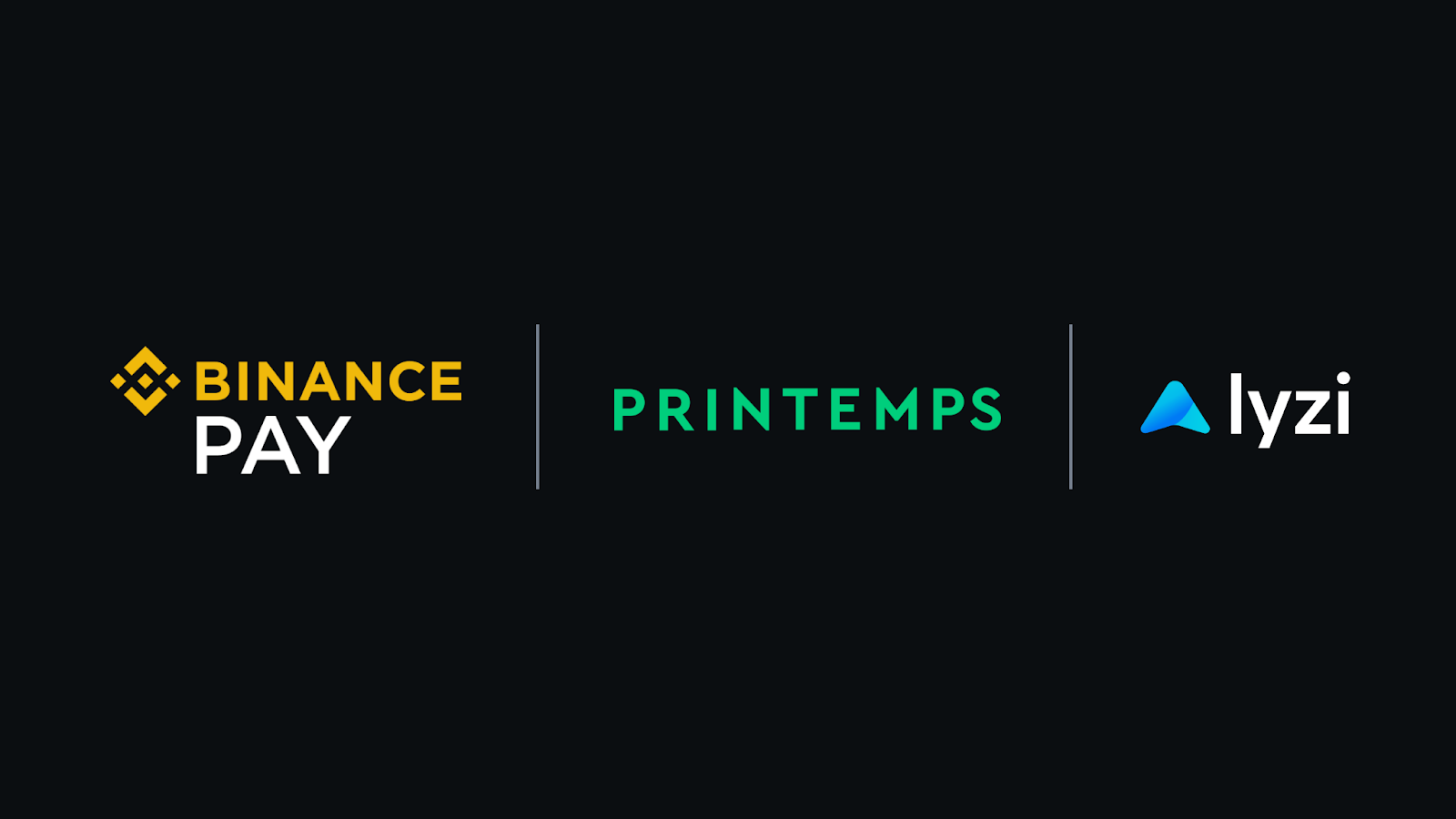
- Earnings in cash, kind, or via stakes are all included in the definition of “gross income.”
- Internal Revenue Service Revenue Ruling 2023-14 was released on July 31.
According to a recent ruling from the United States’ highest tax body, cryptocurrency holders are required to include staking rewards in their gross income for the year they were earned. Internal Revenue Service Revenue Ruling 2023-14 was released on July 31. It clarified the tax treatment of profits from staking digital assets. Earnings in cash, kind, or via stakes are all included in the definition of “gross income.”
This judgment applies to cash-method taxpayers who stake crypto either directly or via a centralized cryptocurrency exchange. In return for transaction validation fees on proof-of-stake blockchains. The decision indicated that the fair market value of the cryptocurrency incentives should be included in yearly income. And calculated upon receipt of the assets.
Crackdown Continues
According to the agency, this law also applies to investors who stake tokens on a cryptocurrency exchange if “the taxpayer receives additional units of cryptocurrency as rewards as a result of the validation.”
Having “dominion” over one’s cryptocurrency rewards means having the freedom to sell, trade, or otherwise dispose of them as one sees fit. According to crypto tax startup Koinly, the IRS has historically taxed cryptocurrency mining rewards as income and capital gains. But has not previously made allowances for staking incentives.
Moreover, coincident with the release of the IRS tax notice is a crackdown on crypto-staking service providers and exchanges by U.S. federal agencies. This also includes the SEC, which claims that these businesses are engaging in unlawful sales of securities.
Highlighted Crypto News Today:
FTT Pumps 15% Amidst FTX Revival Plan







